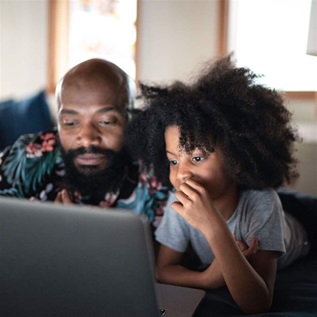Election Tech Tuesday: Hackathon Produces New Apps for Elections Information
Election Tech Tuesday
This Election Data Dispatch series explores emerging issues in elections technology and their relationship to the future of voting and civic engagement in America.
Hackathon Produces New Apps for Elections Information
On March 28 and 29, the Voting Information Project, or VIP, hosted a hackathon in San Francisco at the Impact Hub. The event brought together developers and designers, who worked Friday night and all day Saturday to create applications that will make election information more accessible to voters.
VIP supplied the participants access to its data files and to the Google Civic Information API, which provides polling location and ballot information for specific elections. Developers were also encouraged to contribute to any of VIP’s existing open source projects in the interest of updating, improving, or augmenting their functionality. In addition, experts from several companies were available to mentor participants and discuss additional resources available to supplement project data.
The hackathon also featured two keynote speakers. On March 28, Erika Hall, co-founder of Mule Design and author of Just Enough Research, discussed the importance of evaluating and solving problems using qualitative information and stories. On the following day, Jay Nath, chief innovation officer for the City and County of San Francisco, described his office’s work concerning open data, interdepartmental collaboration, and updating procurement practices.
Over the course of the event, participants formed teams and developed seven projects, six of which can be viewed on Hacker League. The projects focused on increasing access to election data and incorporating additional useful information, such as weather forecasts and campaign finance data. One team designed an app that makes voting information, such as polling location and state registration lookup applications, available via SMS text messages, providing access for users who require text-to-speech support. Other teams worked on incorporating VIP data into emerging social platforms. Participants expressed enthusiasm about continuing to work on their projects through the election cycle and beyond.
Thanks to several generous donations, all participants received door prizes from Amazon Web Services, Google, Lob, and Twilio and were entered into a raffle for additional prizes donated by Democracy.com, Facebook, and Mashery. For the best use of geographical data, one team also won a collection of mapping-related prizes donated by Azavea. Food and drinks were graciously provided by KIND, Mashery, and NationBuilder.
Follow us on Twitter using #electiondata and get the latest data dispatches, research, and news by subscribing today.











